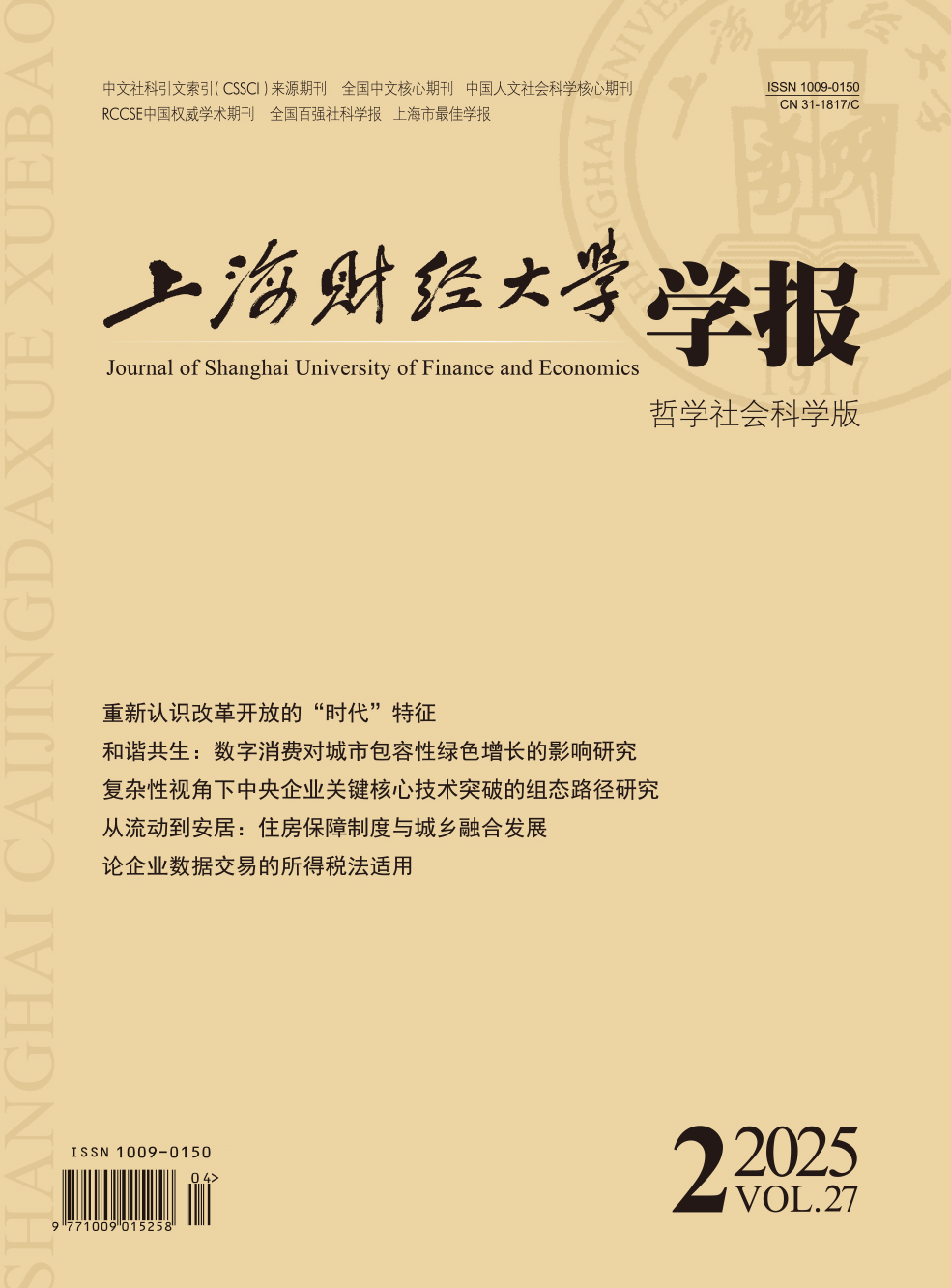The environment-friendly interview system corresponds to the characteristics of public nature, professionalism and complexity of environmental violations, and has the functions of risk prevention, consultation and communication, and pluralistic co-governance. Previous research on environmental interviews are mainly based on the perspective of antagonistic law enforcement paradigm, lack of the perspective of negotiated legal implementation paradigm, and lack of comparison between the two paradigms of interest hypothesis, behavior characteristics, cognitive ability and imputation principle. From the perspective of interest hypothesis, the antagonism emphasizes that law is the protection of individual interests, and believes that the assumption of individual interests holds that the interests of human beings are absolute, exclusive and competitive; the negotiation believes that interests are related, systematic, inseparable and uncertain. From the perspective of behavior characteristics, the antagonism has the certainty of illegal behaviors, the limitation of illegal consequences, and the expectation; the negotiation believes that illegal behaviors are also public and unpredictable, and have double effects. According to the analysis of cognitive ability, the antagonism takes the individual interests as the center, the infinite rationality as the premise and the absolute right as the carrier, emphasizing the certainty, relevance, finiteness and anticipation of the illegal behaviors are based on the infinity of human cognitive ability; the negotiation is based on the background of risk society, in which the traditional paradigm of antagonistic law enforcement aiming at individual rationality, individual interests and individual rights is out of order, and the paradigm of law enforcement is turned to cooperation, consultation, prevention and co-governance. According to the analysis of imputation principle, the antagonism mainly adopts the imputation principle of fault liability and post liability; the negotiation realizes the imputation principle of risk prevention by means of licensing, standards, information, participation, consultation, cooperation and autonomy. Focusing on the connotation and characteristics of the implementation paradigm of negotiated environment law, this paper systematically analyzes the bottlenecks such as participatory unbalance, negotiated imbalance and procedural anomie faced by the environment-friendly interview system, which embodies the inadequacy of participants in the environment-friendly interview, the lack of participation through the whole process, and the lack of legalization of the participation; the sexual structure is not balanced; participatory procedures, negotiated procedures and relief procedures are anomie. Guided by the principles of pluralistic participation, public consultation and procedure legation, the participatory system, the consultative system and the procedural system of our country’s environmental protection are constructed. The participatory system includes: expanding the main body of the participation of environment-friendly interview, running through the whole process, improving the legalization degree. The consultative system includes: perfecting the consultative system between the subjects of implementation, perfecting the consultative system between the subjects and the objects of implementation, and clearing the consultative system of participating subjects. The procedural system includes: the participatory procedural system, the negotiated procedural system and the relief procedural system. With the intensification of environmental risks, the environment-friendly interview system will have more and more extensive application space and practical values for environmental risks regulation characterized by risks, public hazards and public goods.
 / Journals / Journal of Shanghai University of Finance and Economics
/ Journals / Journal of Shanghai University of Finance and EconomicsJournal of Shanghai University of Finance and Economics
LiuYuanchun, Editor-in-Chief
ZhengChunrong, Vice Executive Editor-in-Chief
GuoChanglin YanJinqiang WangWenbin WuWenfang, Vice Editor-in-Chief
Environmental Protection: A New Implementation System of Environmental Law
Journal of Shanghai University of Finance and Economics Vol. 20, Issue 04, pp. 141 - 152 (2018) DOI:10.16538/j.cnki.jsufe.2018.04.010
Summary
References
Summary
Cite this article
Zhang Feng. Environmental Protection: A New Implementation System of Environmental Law[J]. Journal of Shanghai University of Finance and Economics, 2018, 20(4): 141-152.
Export Citations as:
For




 6026
6026  8045
8045

